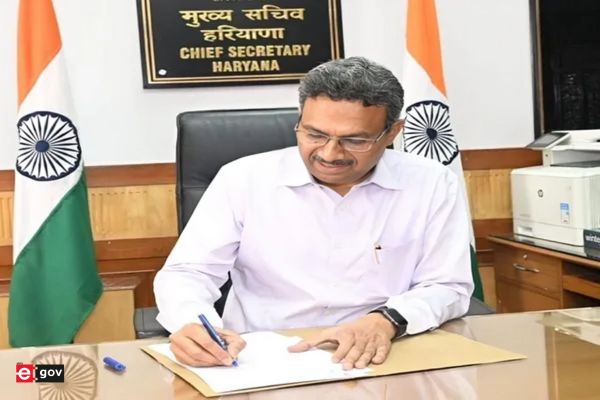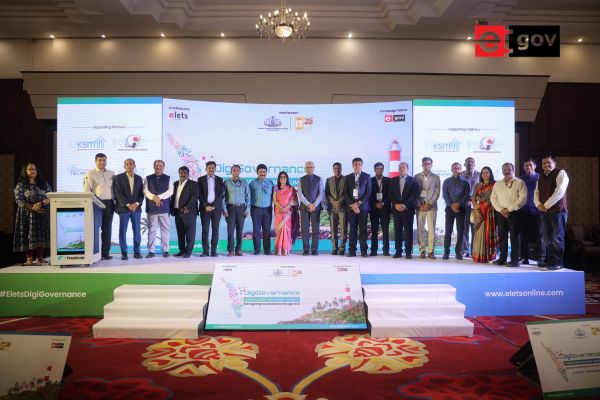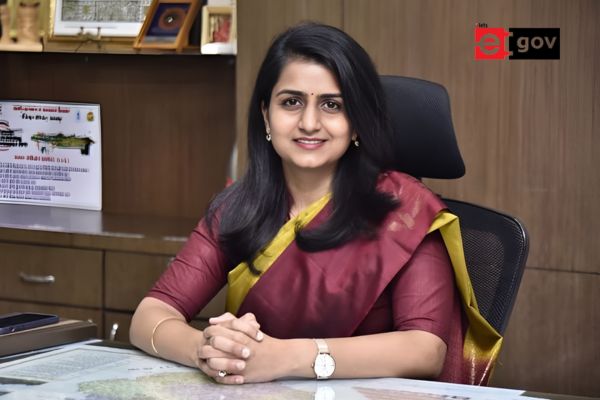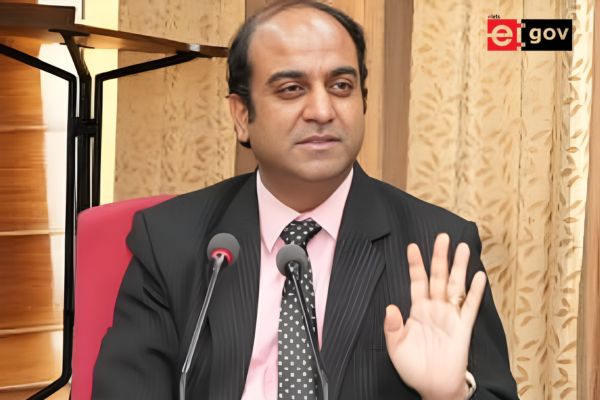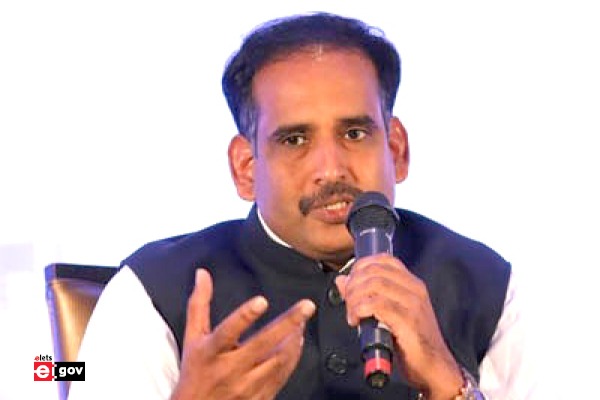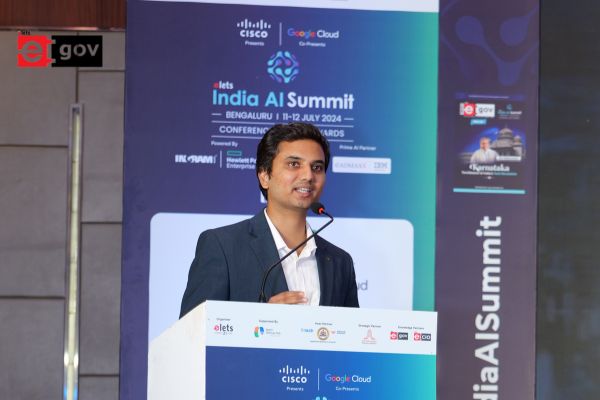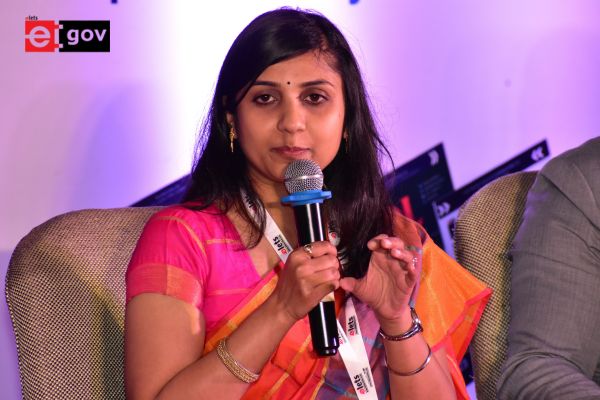
India is on the verge of a significant socio-economic transformation, with more than half of its population expected to be middle class by 2030, according to a recent report by boutique cultural strategy firm Folk Frequency. The report highlights a major shift in consumption patterns — from necessity-based to experience-first — driven by upward mobility, rising education levels, and digital access across rural and tier-2+ regions.
The report points to a dramatic increase in demand for experiential products, such as casual dining (up by 49%) and fine dining (up by 55%), indicating evolving preferences among a newly emerging middle class. This demographic largely consists of individuals rising out of generational poverty — the first in their families to pursue higher education and earn wages in organized sectors beyond domestic or informal labor.
While 57% of India’s internet users now reside in rural and tier-2+ cities, the report notes that advertising and content strategies remain disproportionately skewed towards metro cities and English-speaking audiences. It attributes this mismatch to AI-driven biases against regional languages, resulting in ineffective outreach to the country’s true aspirational consumers.

The report also found that India’s education landscape is undergoing a parallel transformation. The National Education Policy (NEP) 2020 aims to raise the Gross Enrollment Ratio (GER) to 50% by 2035 — a significant leap from 26.3% in 2018. This growth in educational access has helped reduce extreme poverty (from 22.5% in 2011 to 10.2% in 2019) and fostered a new generation of literate, financially aware, brand-conscious consumers who demand transparency, higher quality, and authentic storytelling from brands.
Women Emerge as a Key Economic Force

The report also spotlights the rising economic influence of women. More than half of India’s medical students are now female, and 14% of businesses are led by women. Notably, women have driven 64% of the growth in single-malt sales within the luxury segment. The report emphasizes that products tailored specifically for women — rather than simply adapted from male-oriented designs — will be the most successful in winning this critical consumer base.
Gen Z and Gen Alpha are also shaping new consumption dynamics. About 93% are reported to be key decision-makers in family travel choices, seeking brands aligned with their values of inclusivity and sustainability. This generation, shaped by global exposure and social media, is more vocal about cultural and ethical contradictions and is leading the charge towards a rights-based culture that demands accountability from businesses and institutions.
“They are looking back to Indian history, joining global fandoms, and holding brands accountable. There’s a cultural pivot happening — away from blind tradition and towards values-based, ethical consumerism,” the report states.
Also Read: Renewable Energy Powers 32% of Global Electricity in 2024
Gayatri Sapru, Founder of Folk Frequency and an Independent Anthropologist, commented, “I have seen firsthand how wide the gap is between culture, data, and business strategy. Many analyses today rehash what is common knowledge due to a lack of depth and rigour. This one is different. It is original, rigorous, and offers precise cues on evolving needs, identities, narratives, and positioning to help brands future-proof their relevance.”
Be a part of Elets Collaborative Initiatives. Join Us for Upcoming Events and explore business opportunities. Like us on Facebook , connect with us on LinkedIn and follow us on Twitter, Instagram.
"Exciting news! Elets technomedia is now on WhatsApp Channels Subscribe today by clicking the link and stay updated with the latest insights!" Click here!




